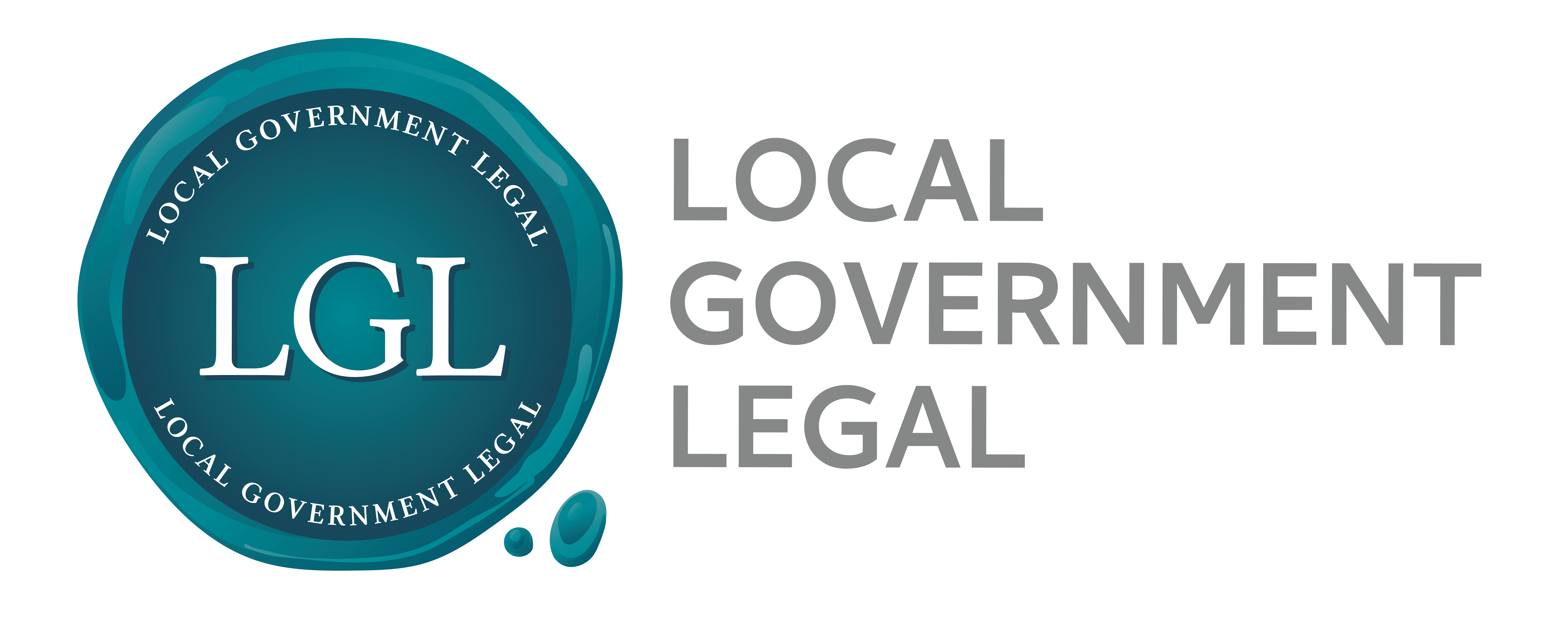Amendments to the Noxious Weeds Act 1993, which came into effect on 8 May 2012, make provision for improved regulatory powers to help minimise the risk of new weeds establishing in NSW and for authorities to be able to deal more rapidly with noxious weeds.
Local Control Authorities (LCAs) are usually the local or county council for a particular area and are required to fund and implement their responsibilities under the Act. These duties include ensuring occupiers of private land fulfil their obligations under the Act.
The amendments to the Noxious Weeds Act enable an LCA to require, by written notice, a private land owner whose land is the subject of a weed control order, to provide the LCA with the name and contact details of the occupier and a description of the land. It is an offence to fail to comply with such a notice with a maximum penalty of $2,200. Public authorities are also required to provide the LCA with this information.
The Amendment Act also simplifies the delegation functions of LCAs. Previously, local councils have been delegating functions under the Noxious Weeds Act pursuant to the delegation powers contained in either the Noxious Weeds Act or the Local Government Act 1993. For consistency and clarity the amendments ensure that functions under the Noxious Weeds Act can only be delegated under that Act and cannot be delegated under the Local Government Act. Accordingly, it is recommended that Councils, in granting delegations in relation to functions under the Noxious Weeds Act, be mindful of the change to ensure that inspectors have been properly appointed.
The Amendment Act also clarifies that a plant is only a “noxious weed” in the area to which the relevant weed control order applies. As previously worded, the provisions could have been interpreted to mean that, once declared in any part of the State, the plant would be a noxious weed across the whole State.
To control the spread of weeds across State borders, machinery is required to be cleaned and certified by a border inspector. The amendments extend these provisions to all “machinery and equipment” (which would include mining equipment for example) rather than just certain types of agricultural machinery.
The powers of inspectors are also extended to enable them to examine, seize, detain, remove or destroy and take samples, photos and videos of anything that the inspector reasonably suspects to be or to contain noxious weed material. Inspectors are also now empowered to require people to answer questions for the purpose of assisting in tracing the source or destination of the suspected noxious weed material.
The Amendment Act also increases the power of the Minister, by order, to prohibit or regulate the bringing into NSW anything that is likely to introduce a noxious weed material into NSW, or a part of NSW. Non-compliance with such an order is an offence with a maximum penalty of $11,000.
The objectives of the Act have also been strengthened.
Note: This information is not to be relied upon as legal advice
